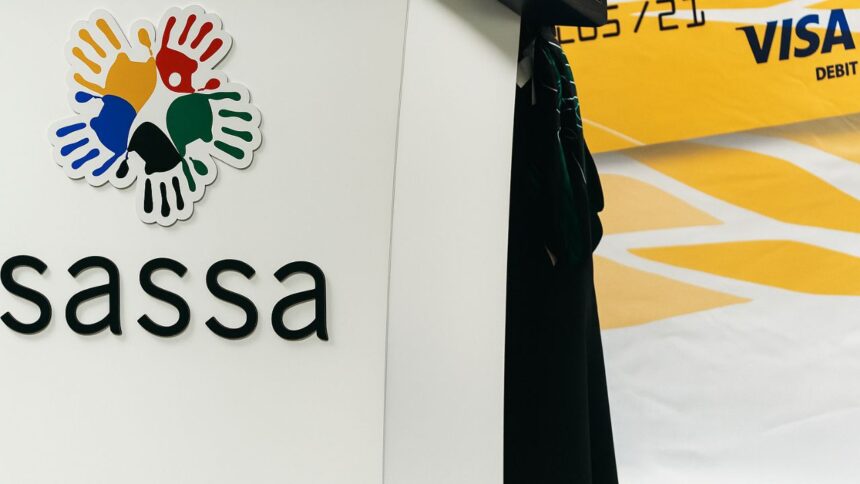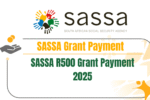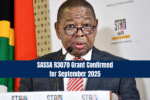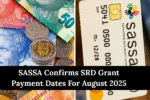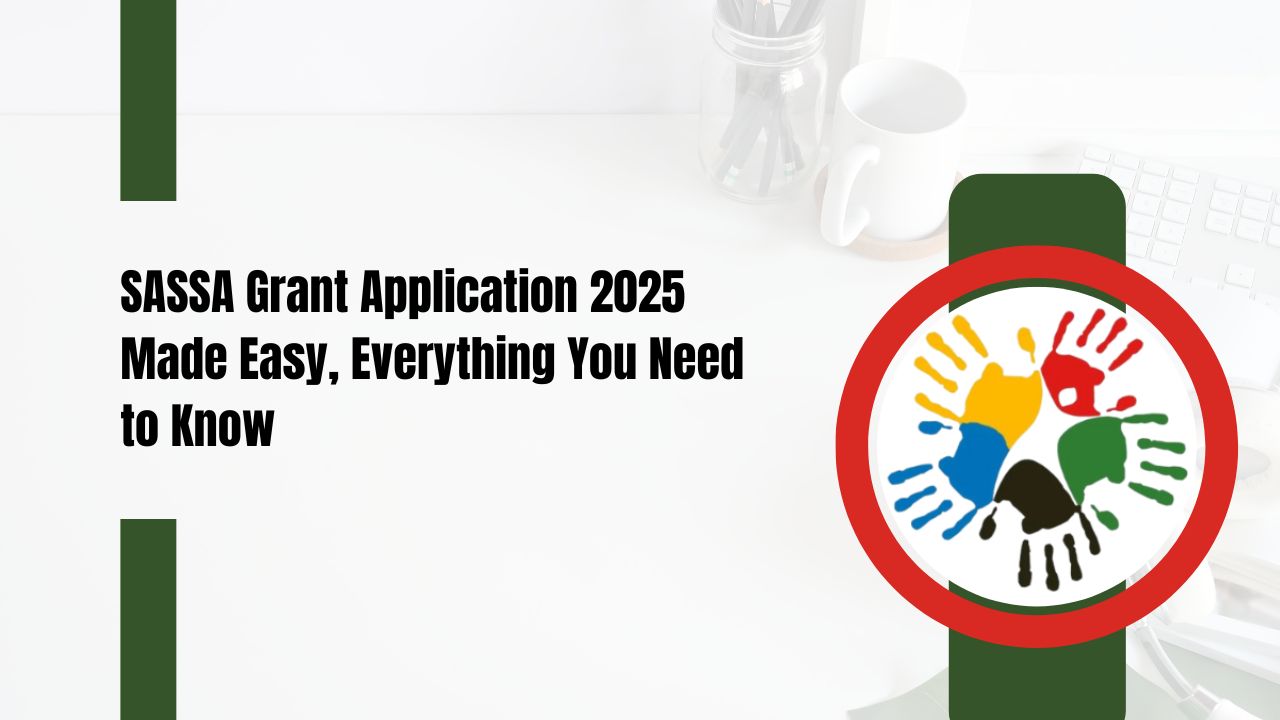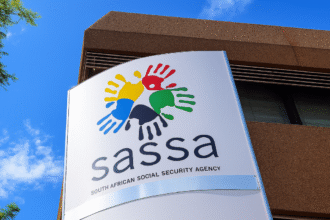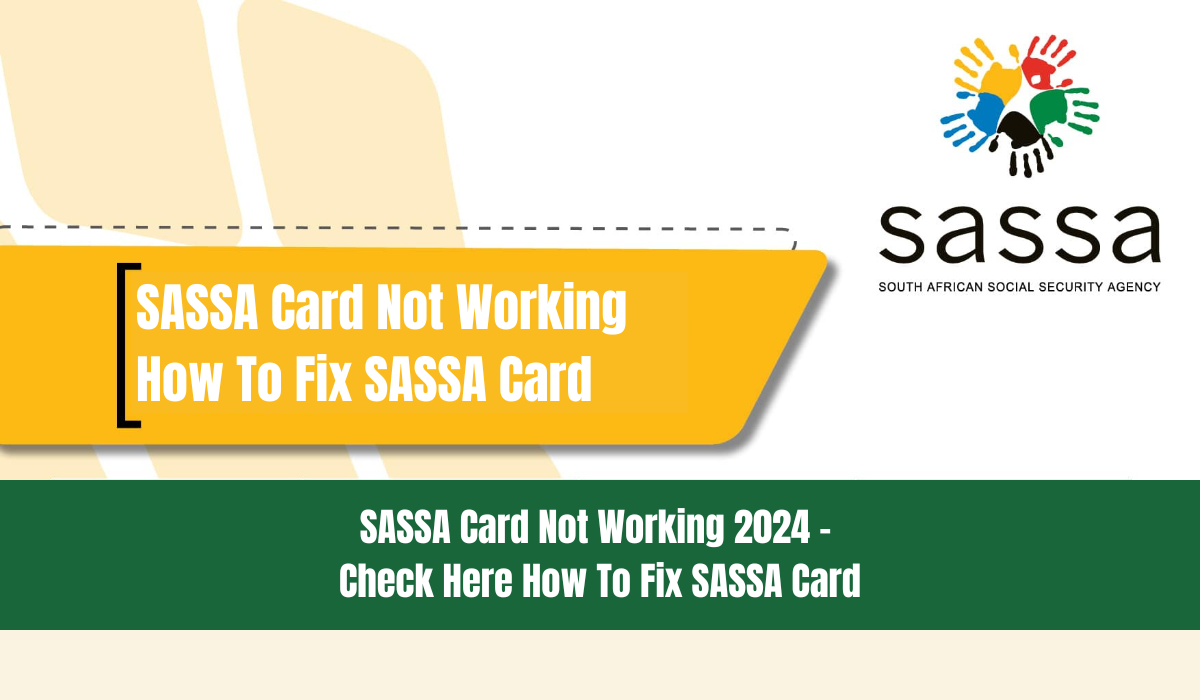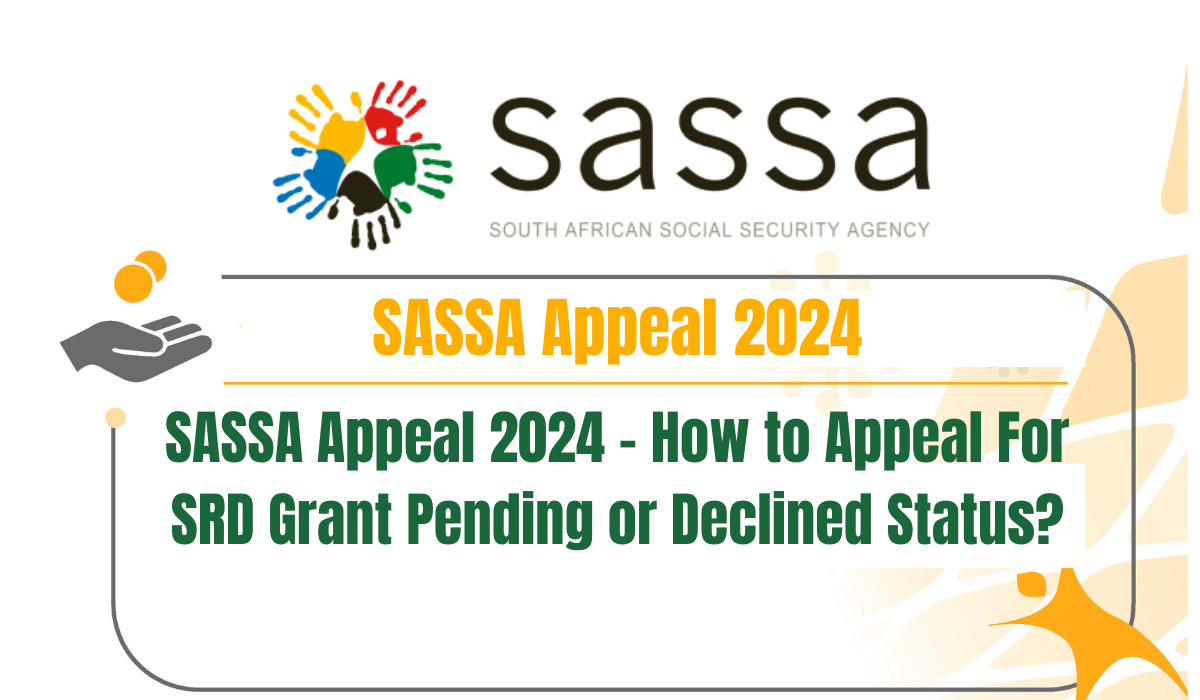Act Now: R1,200 SASSA Relief for Unemployed Citizens – Apply Before the 21 June 2025 Deadline. The R1,200 SASSA Relief for Unemployed Citizens has become one of the most discussed interventions in South Africa’s ongoing effort to ease financial pressure on its unemployed population. As living costs soar and job opportunities remain scarce, SASSA (South African Social Security Agency) has launched this special relief grant to support struggling South Africans with a once-off payment of R1,200. With the registration deadline set for 21 June 2025, eligible citizens are urged to act immediately to secure this much-needed financial assistance.
R1,200 SASSA Relief Grant
The SASSA Relief Grant for Unemployed South Africans has been structured to deliver temporary financial relief to individuals who are currently out of work and not receiving any other form of social grant. This initiative reflects the government’s active stance on poverty alleviation and economic inclusion, especially during times of economic downturn and high unemployment.
To qualify for the R1,200 SASSA Relief Grant, applicants must meet the following requirements:
| Eligibility Requirement | Description |
|---|---|
| Citizenship | Must be a South African citizen or permanent resident |
| Age | Must be over 18 years old |
| Employment Status | Must be currently unemployed |
| Financial Support | Must not be receiving any other form of social grant |
| Proof of Unemployment | Required (e.g. UIF documentation or letter from a previous employer) |
| Application Deadline | Must apply before 21 June 2025 |
| Payment Type | Once-off payment of R1,200 |
| Verification Process | Subject to eligibility confirmation by SASSA |
How to Apply for the R1,200 SASSA Relief Grant
The SASSA application process has been designed to be as accessible and user-friendly as possible. Applicants can register either online or at their nearest SASSA office. Here’s a step-by-step breakdown of what to do:
- Visit the official SASSA website or head to a local SASSA branch.
- Provide your South African ID or valid passport for identity verification.
- Fill in the application form accurately, whether online or in person.
- Attach proof of unemployment, such as UIF documents or a termination letter.
- Submit your application before the 21 June 2025 deadline.
- Receive confirmation via SMS or email after successful submission.
- Track your application status using the SASSA online portal.
- Contact SASSA directly if you encounter any issues or delays.
Benefits of the SASSA R1,200 Relief Grant in South Africa
The introduction of this relief grant is more than just a short-term solution—it brings tangible socio-economic benefits to individuals and communities across South Africa.
Local Community Benefits:
- Supports local businesses through recipient spending.
- Reduces financial stress in households.
- Stimulates local economic activity and demand for basic goods.
- Provides a short-term safety net to the most vulnerable citizens.
- Helps mitigate poverty in disadvantaged communities.
National Economic Impact:
- Strengthens consumer confidence, helping the economy recover.
- Eases pressure on other social services by offering direct aid.
- Motivates unemployed individuals to seek job opportunities.
- Uplifts public morale by showing government support and action.
SASSA Relief Grant Application Statistics (2025)
| Month | Applications Received | Approved Grants | Pending Reviews |
|---|---|---|---|
| April | 150,000 | 100,000 | 50,000 |
| May | 200,000 | 150,000 | 50,000 |
| June | 250,000 | 200,000 | 50,000 |
The steady increase in applications highlights the growing need for economic support. It also showcases how important it is for eligible citizens to apply early, as processing and approval take time.
Challenges Facing the SASSA Relief Programme
While the R1,200 grant has already brought relief to thousands, there are notable challenges in execution and accessibility:
- Limited awareness among some communities about the grant.
- High volume of applications resulting in slow processing.
- Fraud prevention requiring strict verification protocols.
- Connectivity issues in rural areas making online registration difficult.
Considerations and Recommendations for Future Improvement
| Consideration | Description | Potential Impact | Priority Level |
|---|---|---|---|
| Increase Awareness | Launch targeted outreach via radio, TV, and community leaders. | Boosts application rate. | High |
| Streamline Processes | Improve digital platform efficiency. | Faster approvals and payments. | Medium |
| Enhance Verification | Strengthen identity and eligibility checks. | Reduces fraudulent claims. | High |
Future of SASSA Relief Programmes
As the June 21, 2025 deadline approaches, there is growing discussion about future relief programmes and whether more long-term social support mechanisms are needed. The government is evaluating options to expand such grants and offer more sustainable interventions.
Possible Future Developments:
- New long-term unemployment benefits for low-income individuals.
- Expanded grant access for youth, persons with disabilities, and informal workers.
- Integration of skills training and employment initiatives.
- Enhanced funding for social development programmes.
Community and Stakeholder Engagement:
- Partner with NGOs to reach underserved areas.
- Encourage local business participation in creating job opportunities.
- Use digital tools for application tracking and communication.
- Promote dialogue around social justice and economic inclusion.
Conclusion
The R1,200 SASSA Relief Grant is more than a financial lifeline, it’s a statement of commitment to uplift vulnerable communities in South Africa. With the deadline fast approaching on June 21, those who qualify must act swiftly to avoid missing out on this opportunity. Whether you are unemployed yourself or know someone who is, help spread the word and ensure everyone who qualifies registers on time.

